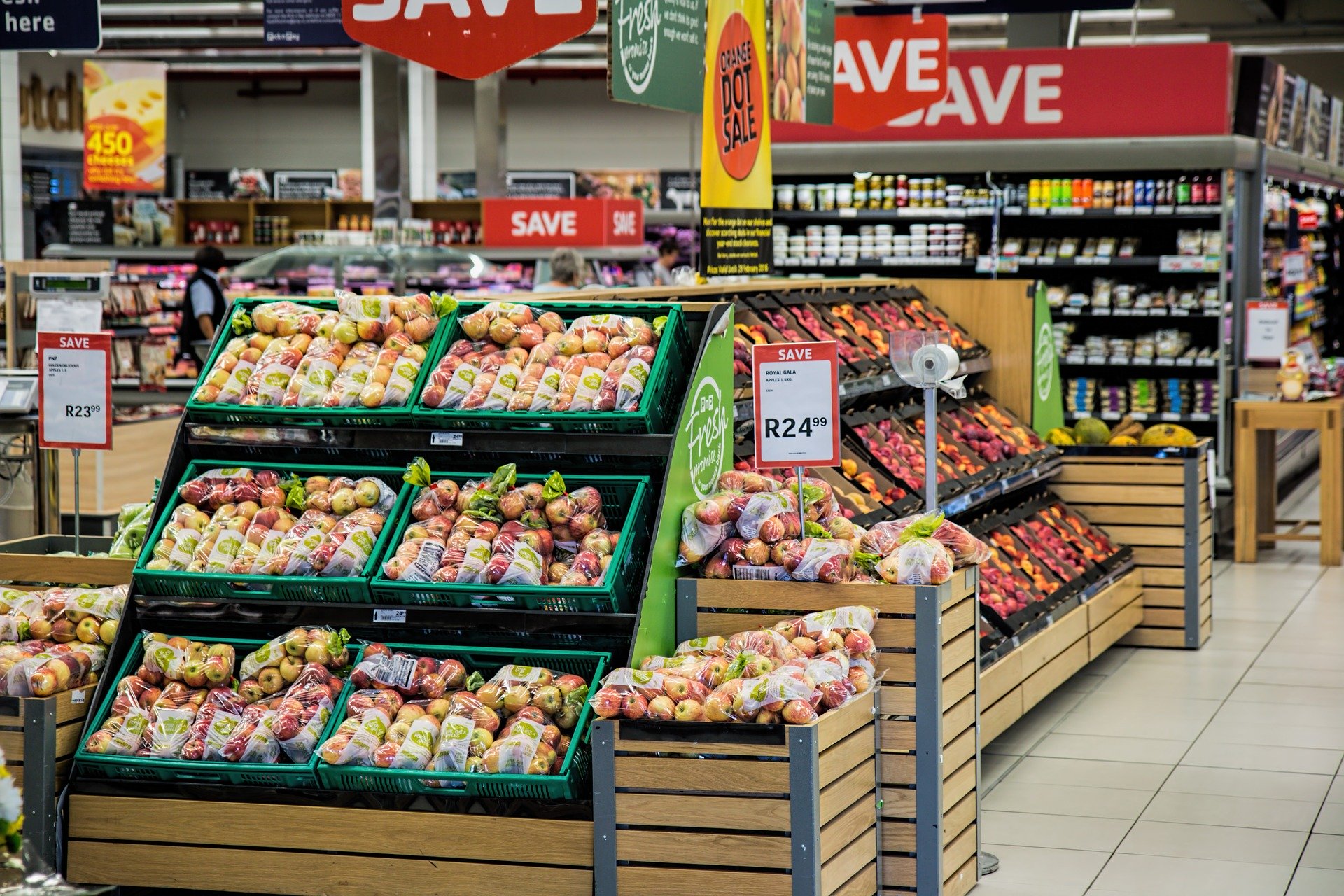It doesn’t come as a surprise that almost every store has its own strategies for increasing profits. They are particularly obvious in supermarkets and hypermarkets where you can find an immense variety of absolutely different kinds of goods. It is a good idea to be aware of these tricks as it will help you to reduce the money you spend on the items that you actually do not need. Let’s look at some of the most widespread tactics used by the managers of stores.
Loyalty cards
Loyalty cards are one of the most effective ways to make you buy most of the products exactly in the supermarket which loyalty card you possess.
Even if it doesn’t allow you to collect any special points, you can still feel that going to this shop will somehow be a better idea than shopping anywhere else. Certainly, if there actually is any programme with point collection or individual offers, you are even more prone to coming into this supermarket over and over again. Since modern machine learning algorithms are widely processing the information about the clients of large supermarkets, they can also create appropriate recommendations for you which result in these individual offers.
Whether these offers are profitable is rather controversial. They might actually provide you with some goods for a better price, however, as a rule, you will have to buy several items at a time which is not necessarily needed.
In addition to it, there is a number of shops that allow their customers to return purchased goods. The majority of people are using this option for buying clothes since it is not always easy to understand whether this particular item fits you. It looks like a great deal, doesn’t it?
Actually, if you are buying a piece of clothes being unsure of its size, in all likelihood, you will return it if at home you see that it really doesn’t look like it is supposed to be. Yet, if you are shopping something that in fact suits you and you are just not convinced whether you need it or not, there is high probability, this item will be left in your wardrobe.
Furthermore, you should be aware of the fact that many stores don’t return their clients real money. Instead of that, they give a gift card with the sum equivalent of the money spent on the returned item. Assuredly, this means that your money can’t be received from the store in anyway. Although you now can buy somethings else which might be better option for you, it is still not the same as getting the entire sum of money back.
Increasing your appetite
We bet you have already noticed it on your own that doing your groceries while feeling hunger can lead to purchasing an excessive amount of food which sometimes even impossible to consume. This is an absolutely normal reaction of humans to feeling hunger or thirst. Unfortunately, the managers of supermarkets are using this reaction quite successfully for increasing their profit.
One of such tricks is undeniably the smell of food you can experience in the majority of supermarkets and hypermarkets today. One of the most widespread mouth-watering smell of food is undeniably the smell of freshly baked bread. Yet, this is not only one of the traps waiting for you inside a shop. For instance, when you go to the meat department, you can usually feel a smell of a grilled chicken. In addition to it, some hypermarkets even have their own cafeterias located right inside the shop. Needless to say, all of these tricks can make a hungry customer leave too much money during shopping.
Don’t forget about the tables with items located on the premises of supermarkets for free tasting. On the one hand, trying some salami which you will never pay your attention to if it is not exposed in such a way can make you purchase it. On the other hand, the mere fact that the shop has offered you free tasting usually triggers some feelings of obligation to buy this product in customers.
Special music
One of the strategies used by supermarkets and other large stores is downright hypnosis of their clients with music. Special shopping music can be of two types. The first one is very energetic and its purpose is making the shopping process more dynamic which usually leads to buying more expensive items in larger quantities. The second one is, on the contrary, rather slow music which makes you get into a state when you can’t get out of the shop easily. You are spending more time thinking about goods, observing the shelves and, as a result, getting more items that you initially planned.
If you want to protect yourself from such an unfair tool used by the managers of large shops, you can try listening to your own music while shopping. Of course, making a list of good you really need before going to the store is also helpful but you should really stick to that!

